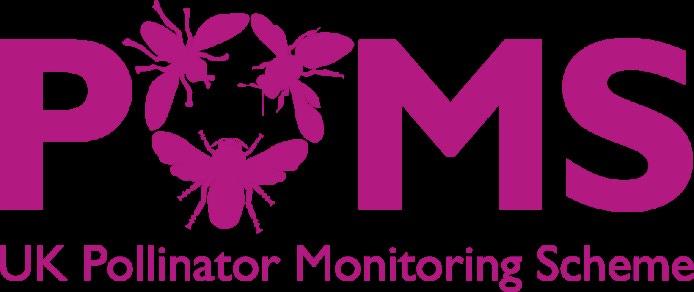
2 minute read
CITES @ 50: Partnerships
Friday 3 March 2023 marked the 50th Anniversary of CITES –the Convention on International Trade in Endangered Species of wild fauna and flora. This date coincided with the United Nations’ World Wildlife Day (WWD) which was celebrated under the theme ‘Partnerships for Wildlife Conservation’ and recognised the important role CITES has played in building and enhancing partnerships for wildlife conservation, and the significance of these partnerships in the success of the Convention.
JNCC was appointed as the UK’s CITES Scientific Authority for fauna in 1991. Our team of licensing and policy advisors provide prompt and reliable scientific advice to Defra and other government departments to enable the UK to meet its international obligations in relation to CITES and more generally for biodiversity and sustainable development. We work in partnership, advising the UK Management Authorities, Defra and the Animal and Plant Health Agency (APHA), on the issuing of CITES permits, in order to ensure that trade to and from the UK will not have a harmful effect on the relevant population of the species. This is known as making a ‘non-detriment finding’ (NDF), and we currently advise on around 20,000 different applications every year, covering everything from snakeskin handbags to tigers and live eels.
Advertisement
Providing licensing and policy advice to Defra and APHA is only part of our role. We also work collaboratively with, and coordinate, the UK enforcement authorities through the Wildlife Crime Conservation Advisory Group (WCCAG) to identify wildlife crime priorities and intelligence requirements for UK wildlife law enforcement. We deliver regular training on illegal wildlife trade and CITES to both police and Border Force officers in collaboration with the National Wildlife Crime Unit (NWCU). We also provide impact and expert witness statements in order to inform prosecutors and the judiciary of the seriousness of crimes, affecting sentencing for criminals.
Together with our partners at Royal Botanic Gardens (RBG) Kew (who provide the complementary scientific authority role for flora) we have analysed UK wildlife trade (legal & illegal) to assess the impact of the UK leaving the European Union on trade patterns and volumes to inform government policy and decision making. This research compliments our earlier report produced in collaboration with the UN Environment Programme World Conservation Monitoring Centre (UNEP-WCMC), which analysed UK trade from 2012-2016 in preparation for EU Exit and which allows us to compare trade levels and features before and after leaving the EU.
We also work with other CITES Authorities around the world, including in our UK Overseas Territories. We have provided capacity building training to various countries in recent years, including South Africa, Malawi and Anguilla, and are currently developing a training package for Turks and Caicos Islands (TCI) Government Departments. This capacity-building work is part of our ongoing RESEMBID funded project addressing the sustainability of queen conch fisheries and livelihoods in TCI, where we have partnered with the TCI Government and the Marine Conservation Society to promote sustainable utilisation of queen conch, while preserving the environment and enhancing the social and economic livelihood of local people.










